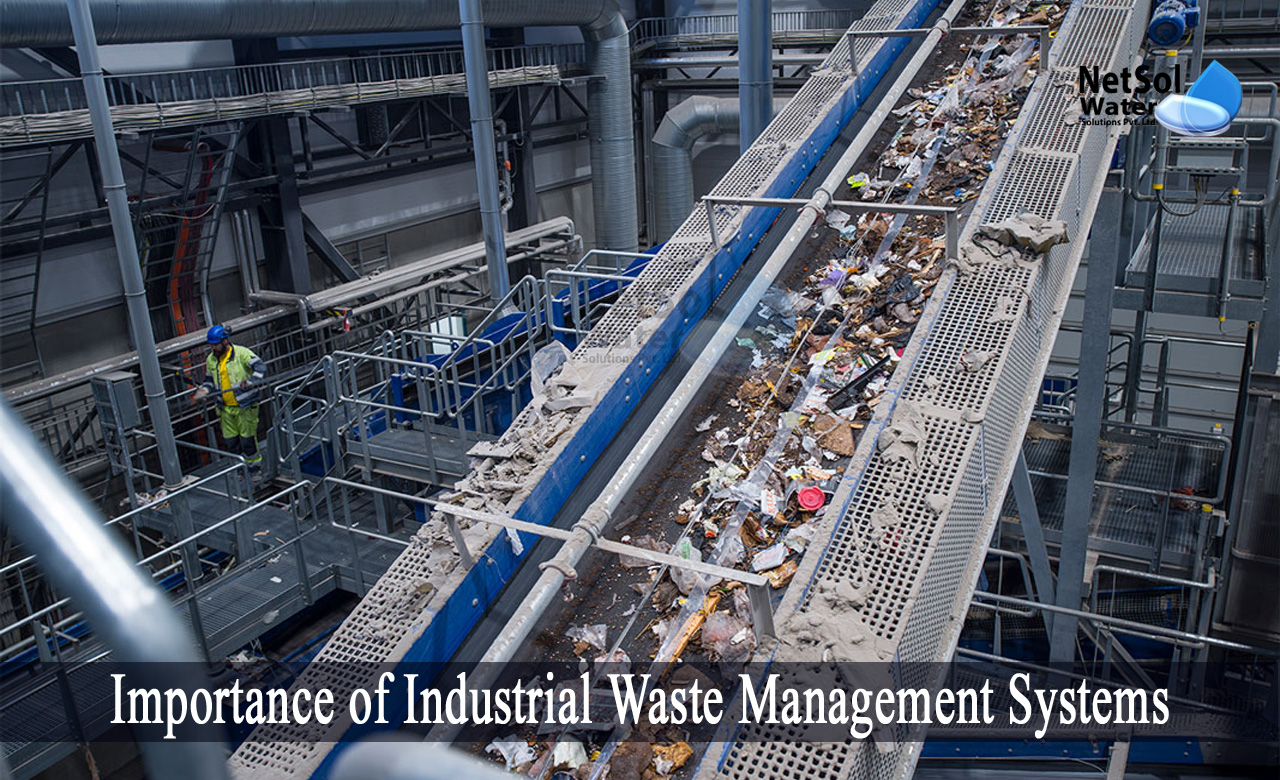Excitement About Reclaim Waste
Excitement About Reclaim Waste
Blog Article
Reclaim Waste - Truths
Table of ContentsThe Facts About Reclaim Waste RevealedThe Facts About Reclaim Waste RevealedMore About Reclaim WasteThe 9-Second Trick For Reclaim WasteWhat Does Reclaim Waste Mean?
Discover the kinds, events, and types of fluid waste. Residential sewer waste refers to the waste and items from a residential sewage-disposal tank. This sort of waste is created by humans in residences, colleges, and various other structures. This only includes septic tanks that have a drain area. The correct administration and disposal of residential sewer waste need fluid waste to be transferred to a sewage treatment plant where the appropriate approaches and devices are used to cleanse and get rid of waste.
Commercial waste frequently includes prospective dangers, such as flammable products or a mix of fluid and solid waste products, and needs a much more innovative and thorough disposal process. The disposal of business waste generally includes the filtering of waste prior to transportation to ensure safe and proper disposal. Hazardous waste is developed from by-products and runoff of commercial procedures and manufacturing.
This sort of waste can not make use of the same sewer monitoring transportation or procedures as septic or industrial liquids. The hazardous waste monitoring procedure needs the evaluation and screening of fluid waste prior to it undergoes the disposal procedure (liquid waste removal melbourne). Runoff waste is the fluid waste that comes from runoff and excess stormwater in extremely booming locations or cities
Runoff waste can trigger contamination and flooding otherwise managed correctly. Discover much more regarding sewage system cleansing and waste monitoring. Ensuring appropriate waste monitoring can stop disasters and lower environmental injury. Both individuals in property settings and experts in business or production sectors can take advantage of understanding the processes and policies of fluid waste administration.
Facts About Reclaim Waste Uncovered
Get in touch with PROS Services today to find out about our waste administration and disposal solutions and the proper ways to care for the liquid waste you generate.
(https://trello.com/w/reclaimwaste1/)Do you know what takes place to your water when you disengage, flush the commode or drain pipes the cleaning equipment? No? Well, it's worth knowing. This so-called 'wastewater' is not just a crucial resource but, after treatment, will be launched to our land, waterways or the sea. Used water from bathrooms, showers, bathrooms, kitchen sinks, washings and commercial procedures is known as wastewater.

water made use of to cool down equipment or tidy plant and tools). Stormwater, a kind of wastewater, is overflow that streams from agricultural and urban locations such as roofs, parks, yards, roadways, courses and seamless gutters right into stormwater drains, after rain. Stormwater flows without treatment straight to regional creeks or rivers, eventually reaching the ocean.
A Biased View of Reclaim Waste
In Queensland, a lot of wastewater is treated at sewer treatment plants. Wastewater is moved from residential or industrial websites with a system of sewage systems and pump stations, called sewerage reticulation, to a sewage treatment plant. City governments develop, maintain and run most sewage treatment plants. Operators are certified under the Environmental Management Act 1994 to release treated wastewater at an appropriate environmental requirement right into waterways.
The Department of Natural Resources encourages regional federal governments concerning managing, operating and maintaining sewerage systems and therapy plants. In unsewered locations, city governments might site link call for homeowners to install individual or household sewer therapy systems to treat domestic wastewater from toilets, cooking areas, bathrooms and laundries. The Division of Natural Resources authorizes the use of house systems when they are confirmed to be effective.
In some brand-new subdivisions, treatment of some stormwater to eliminate trash, sand and crushed rock has begun utilizing gross pollutant traps. Wastewater treatment happens in four phases: Removes strong matter.
Makes use of small living organisms knows as micro-organisms to damage down and get rid of staying liquified wastes and great bits. Micro-organisms and wastes are included in the sludge.
The 2-Minute Rule for Reclaim Waste
Nutrient removal is not available at all sewer treatment plants since it calls for pricey specialized tools. It is becoming a lot more common in Queensland. Clear fluid effluent generated after therapy might still consist of disease-causing micro-organisms. If this effluent is launched right into waterways such as rivers or the sea, the micro-organisms will eventually die out.

This usually means wastewater has to be dealt with or contaminants removed before it can be discharged to rivers. Most wastewater flows right into the sewage system. Under the Act, city governments administer approvals and permits for eco pertinent activities (Periods) including wastewater releases that might have a regional impact. The division provides authorizations and permits to ERAs entailing wastewater launches that might have a local or statewide influence.
What Does Reclaim Waste Do?
Or else, examples are considered lab evaluation. Often numerous tests are required to develop the levels of each of the different pollutants such as oils, heavy metals and pesticides in water. Tracking supplies factual details about water high quality and can verify that licence problems are being satisfied. The information obtained via surveillance provides the basis for making water high quality choices.
Report this page